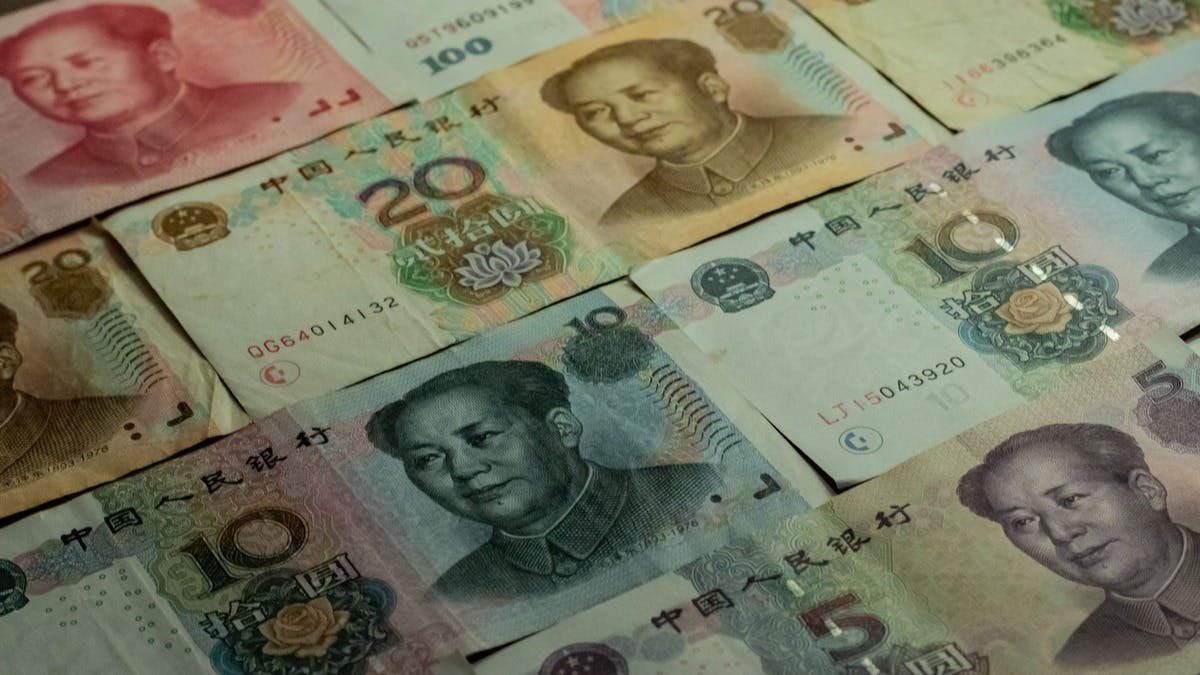The escalating rivalry between the United States and China is driving international investors’ interest in emerging markets, according to Nigel Green, the CEO and founder of one of the world’s largest independent financial advisory, asset management, and fintech organisations, deVere.
Green’s analysis coincides with the company’s report of a substantial increase in inquiries about emerging markets from its primarily high-net-worth clients over the past year. He highlights the significant implications of the US-China rivalry for global markets, acknowledging that while it introduces uncertainties and challenges, it also presents opportunities, particularly in emerging markets.
Green explained, “The economic dimension is a fundamental aspect of the rivalry. China’s rapid rise as a global economic powerhouse and its pursuit of industrial policies that include state subsidies, intellectual property concerns, and market access restrictions have generated tensions with the United States. The US accuses China of unfair trade practices, intellectual property theft, and a lack of reciprocity in market access.”
DeVere’s consultants worldwide have witnessed a surge in interest from international investors seeking diversification, growth potential, and reduced exposure to geopolitical tensions in these dynamic economies.
The surge in demand from global investors to increase their exposure to emerging market opportunities coincides with ongoing tensions between the world’s two largest economies. These tensions stem from a combination of economic, geopolitical, and ideological factors, capturing international headlines.
One fundamental aspect of the rivalry is the economic dimension. China’s rapid ascent as a global economic powerhouse, coupled with its industrial policies involving state subsidies, intellectual property concerns, and market access restrictions, has created tensions with the United States. The US accuses China of unfair trade practices, intellectual property theft, and a lack of reciprocal market access.
Geopolitical ambitions also contribute to the escalating rivalry. China’s assertiveness in the South China Sea, the Belt and Road Initiative (BRI) aimed at expanding global influence through infrastructure projects, and its military modernization have raised concerns among US policymakers. The US perceives China’s rising influence as a challenge to its own status as a global superpower.
Technological competition plays a critical role in the rivalry as well. Both countries vie for dominance in emerging technologies such as 5G, artificial intelligence, quantum computing, and advanced manufacturing. The US has expressed concerns over China’s strategic technology acquisitions, intellectual property theft, and forced technology transfer. This has led to initiatives such as export controls, investment restrictions, and increased scrutiny of Chinese tech companies.
Green emphasized the significance of diversification in emerging markets during the US-China rivalry, stating, “The rivalry between these two economic giants often generates volatility in global markets, making it sensible for investors to seek alternative investment destinations. Emerging markets provide precisely that. By increasing exposure to these economies, investors can reduce their dependency on the performance and fluctuations of US and Chinese markets and, therefore, spread risk across a broader range of regions and industries.”
National security considerations also shape the rivalry, with the US viewing China’s military advancements, cyber espionage activities, and perceived threats to its allies and partners in the Asia-Pacific region as potential challenges to its strategic interests.
One of the primary reasons international investors find emerging markets attractive during the US-China rivalry is diversification. The volatility generated by the rivalry makes it sensible for investors to seek alternative investment destinations. Emerging markets offer precisely that, enabling investors to reduce their reliance on the performance and fluctuations of US and Chinese markets while spreading risk across a broader range of regions and industries.
Moreover, emerging markets offer significant growth potential due to factors such as expanding populations, rising middle-class populations, and increasing urbanization. These countries present investment opportunities in sectors like technology, infrastructure, healthcare, and renewable energy, where substantial growth opportunities exist.
Nigel Green also highlights the appeal of “non-aligned” economies to global investors. As the rivalry between the US and China intensifies, non-aligned states emerge as safe havens, relatively insulated from the direct impact of tensions. Frontier markets with stable political environments and lower exposure to global power struggles provide investors with stability and reduced risk associated with the US-China rivalry.
Non-aligned or neutral markets often include Association of Southeast Asian Nations (ASEAN) member states like Indonesia, Malaysia, Thailand, and Vietnam. Several countries in the Middle East, including Saudi Arabia, the United Arab Emirates, and Qatar, can also be considered non-aligned markets. African nations such as Nigeria, Kenya, and Ethiopia, as well as Central and Eastern European countries like Poland, Hungary, and the Czech Republic, fall into this category.
Keep up to date with our stories on LinkedIn, Twitter, Facebook and Instagram.

